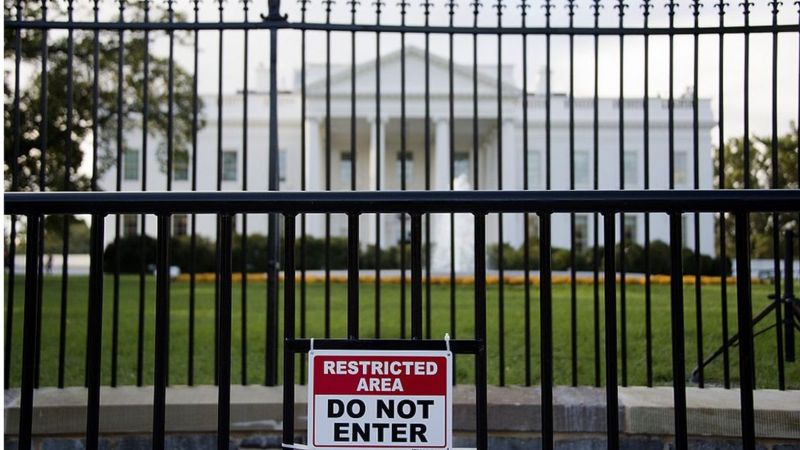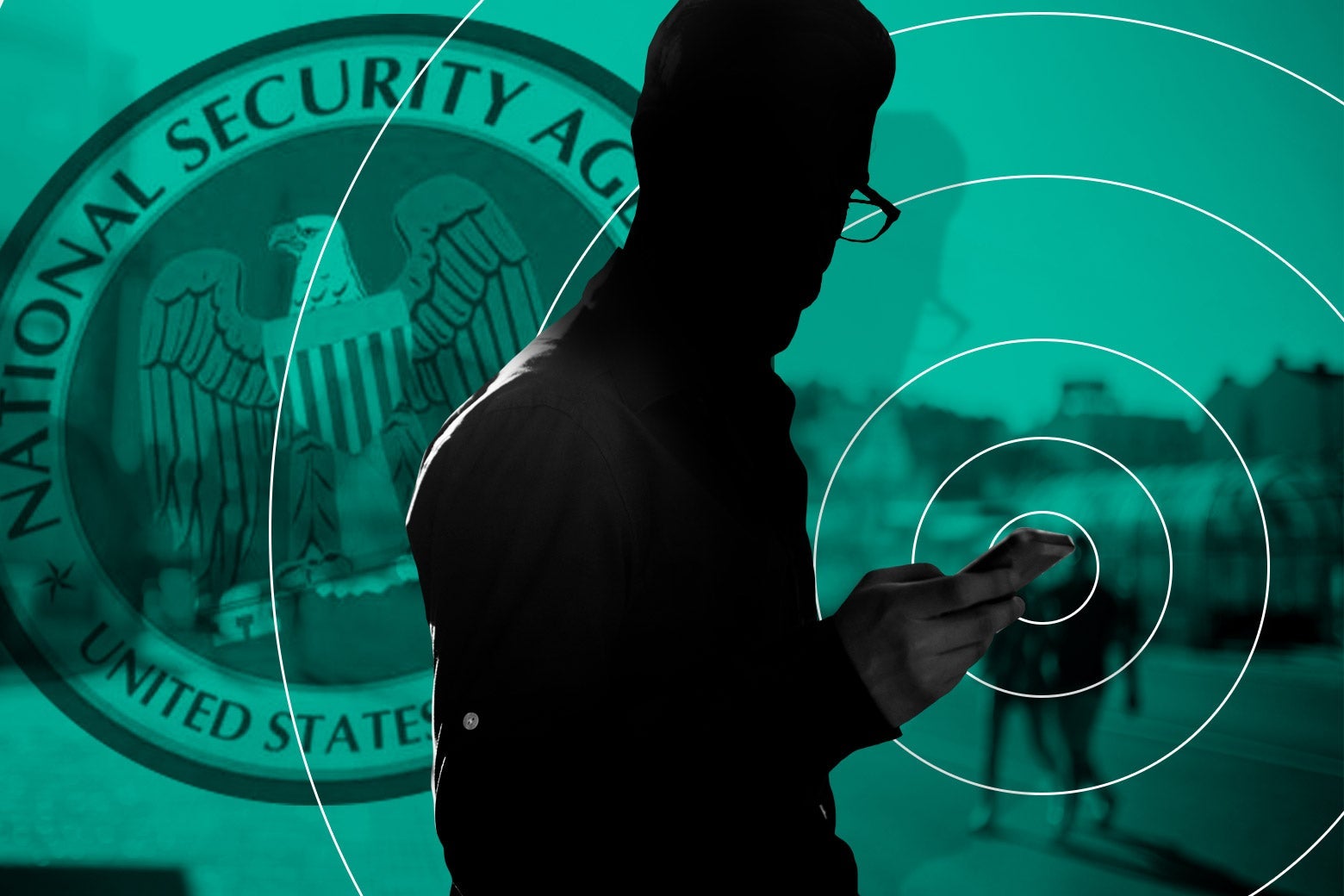Trump Officials’ Secret War Chat EXPOSED—What They Didn’t Want You To Know
A shocking leak of classified war plans to The Atlantic sparks bipartisan outrage and calls for an urgent investigation into the Trump administration's security failures.

In a stunning security blunder, top Trump administration officials unwittingly invited a The Atlantic correspondent into an encrypted Signal group chat. They revealed the highest-level war plans against Iran-aligned Houthi rebels in Yemen. First reported by The Atlantic, the story has shocked Democratic lawmakers, who now demand a full investigation into the security breach and potential legal consequences of using nongovernmental communications for classified communications.
The Mistaken Leak: How It Happened
The Atlantic’s Editor-in-Chief, Jeffrey Goldberg, reported that he was suddenly invited to a Signal chat group called “Houthi PC small group” on March 13. The group, as reported, had top Trump administration officials, such as National Security Adviser Mike Waltz, Defense Secretary Pete Hegseth, Vice President JD Vance, Secretary of State Marco Rubio, CIA Director John Ratcliffe, Director of National Intelligence Tulsi Gabbard, Treasury Secretary Scott Bessent, White House Chief of Staff Susie Wiles, and senior National Security Council officials.
Most of the group discussed planning American military strikes against the Houthis. The attack was launched on March 15 in response to the Houthis’ attacks on Red Sea shipping lanes. Goldberg’s report described how Hegseth inadvertently posted operational details in the chat group, such as target locations, weapon deployment, and attack timing. Even though The Atlantic did not release this information.
White House Response and Denials
President Donald Trump responded to a question by saying, “I don’t know anything about it,” and further added, “I’m not a big fan of The Atlantic.” White House officials then assured that an inquiry was initiated and that Trump was briefed.

National Security Council spokesman Brian Hughes said, “At present, the reported message thread does seem real, and we are looking at how an unintentional number was appended to the chain.” But he attempted to spin the chat discussion as one of “deep and thoughtful policy coordination” rather than a stark security breach.
On his part, Defense Secretary Hegseth denied the allegations outright, informing reporters, “Nobody was texting war plans, and that’s all I have to say about that.” But Goldberg debunked Hegseth’s claim in an interview with CNN.
Democratic Lawmakers Demand Investigation
The incident angered the Democratic parliament members, who condemned the use of the Signal app for top-level military conversations and the security breach. Top Democrat Senator Chuck Schumer called it “one of the most astounding breaches of military intelligence that I’ve read about in a long time.” Schumer requested John Thune, the majority leader, to investigate the incident.
Senator Elizabeth Warren announced X (formerly Twitter), writing, “The employment of Signal to debate highly classified national security matters is overtly illegal and dangerous beyond comprehension.” Senator Chris Coons echoed him, noting that “Every one of the government officials on this text chain has now committed a crime – even if inadvertently – that would ordinarily carry a jail sentence.”
The hack has caused bipartisan concern, but Republican lawmakers have said nothing. The White House reaffirmed its faith in its national security team. White House Press Secretary Karoline Leavitt told Reuter, “Including national security adviser Mike Waltz, President Trump continues to have total faith in his national security staff, “.”
Use of Signal App Raises Legal Concerns
The row further underscored that the government has become reliant upon Signal, which was designed for privacy-seeking individuals and not for the government’s official needs. Signal encrypts messages so they are difficult to intercept, but the platform is neither a sanctioned government tool nor kept on secure government servers.

Under American law, mishandling classified information is a federal offence. Although no officials are directly known to have broken the current law, their reliance on vanishing messages in Signal is questionable for possible violations of federal record-keeping statutes. It is claimed that the decision to discuss war strategy on a non-official forum is against both security measures and openness requirements.
Tulsi Gabbard, the Director of National Intelligence, had taken a tough stance on leaks, posting on X on March 14 that any “unauthorized release of classified information is a violation of the law and will be treated as such.” Ironically, her participation in the Signal chat could now land her in the hot seat.
Internal Disputes Over Military Action and European Affairs
In addition to the security issue, the report from The Atlantic also gave some indication of internal disagreement within the administration regarding U.S. military intervention against the Houthis and overall geopolitical policy.
Chat group photos supposedly show Vice President JD Vance questioning if American military assistance was warranted for U.S. European allies, who are more adversely affected by interference in Red Sea shipping routes. “I just hate bailing Europe out again,” Vance supposedly wrote, with Defense Secretary Hegseth responding, “VP: I fully share your hatred of European freeloaders. It’s PATHETIC.”
Apprehension over the timing of the attacks also surfaced during the debate; Vance warned that an attack could result in “a moderate to severe spike in oil prices.” Although Vance had serious reservations, he ultimately heard out the group’s perspective, but the messages reflect underlying tension regarding the president’s and administration’s priorities.
What’s Next?
What will happen to the officials is unclear as bipartisan calls for an investigation mount. While there are no suggestions that the scandal will result in resignations or dismissals, there may be significant political consequences. This matter will be raised when the Senate Intelligence Committee questions Gabbard on March 26 on threats to world security.
The incident also raised concerns about the government’s communications and cybersecurity policies. Although there are many hazards to electronic security in the current environment, the error emphasizes the dangers of sending messages over unreliable networks. It is unlikely that this will lead to a more restrictive communications strategy.
At Last
The accidental leak of Yemen war plans to a reporter at The Atlantic is among the loudest recent national security blunders. Planning covert military operations on an encrypted messaging app is problematic on both legal and moral levels, spurring calls for an immediate inquiry.
As the scandal unfolds, the Trump administration is under mounting pressure to answer questions about national security and the integrity of its internal communications. With pressure building from both parties, this incident will remain at or near the top of political discussion in the next few weeks.





